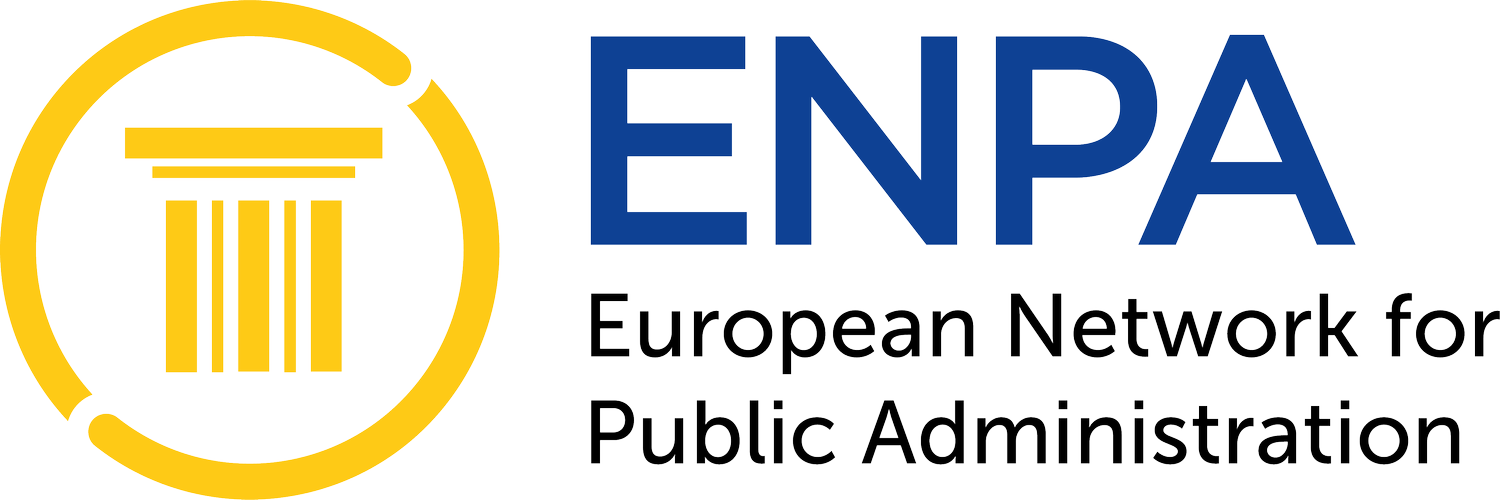Legal Perspectives on Public Administration
Co-Chairs
Polonca Kovač
Faculty of Public Administration
University of Ljubljana, Slovenia
polonca.kovac@fu.uni-lj.si
Krisztina Rozsnyai
Faculty of Law
University ELTE Budapest, Hungary
rozsnyaik@ajk.elte.hu
Yseult Marique
Essex Law School
University of Essex, UK
UC Louvain, Centre Montesquieu
d’études de l’action publique,
Belgium
ymarique@essex.ac.uk
This group focuses on the diverse legal perspectives that influence and shape public administrations in Europe and beyond. It welcomes theoretical and empirical contributions addressing administrative law, legal theory, constitutional frameworks, and the interplay between legal norms and administrative practices. It addresses the legal principles and frameworks that shape and constrain public administrations. Emphasis is placed on legal accountability, administrative procedures, the rule of law in public governance, and the evolving relationship between public authorities and legal norms in European and international contexts. The group aspires to be a constructive space for scholars at all career stages and from across Europe.
The group encourages comparative approaches and interdisciplinary dialogue between legal scholars and public administration experts (for instance, from the political sciences, economics, sociology, history, and computer, cognitive or foresight sciences).
In 2026, the Research Group would be interested in discussing papers analysing “the public administration’s action, procedures and organisation at the intersection of administrative, private and criminal law”. On the one hand, public administrations are increasingly carrying out some of their traditional functions thanks to public and private contracts or corporate bodies. As the intensity of this contracting out and privatisation differ across policy fields and countries, new forms of privatisation emerge in place, while in other places, the very extent of this privatisation make new accountability and governance issues arise. In addition, public administrations carry out a range of activities in which administrative and civil law elements intersect, such as in concession procedures. On the other hand, public authorities also hold competences that go beyond the administrative sphere and extend into the punitive domain, particularly in relation to minor offences as well as in relation to administrative enforcement and supervision (eg prudential supervision, regulatory matters). These intersections between different branches of law give rise to a number of dilemmas in the implementation of administrative activities and in the interpretation of legal safeguards attributed to a particular type of procedure or administrative decision- making. While these trends can be studied as stand alone, their combination may also lead to critical reassessment of the core functions of public administration and the most suitable techniques for harnessing administrative powers to the public benefit in a democratic society governed by the rule of law and public accountability.
